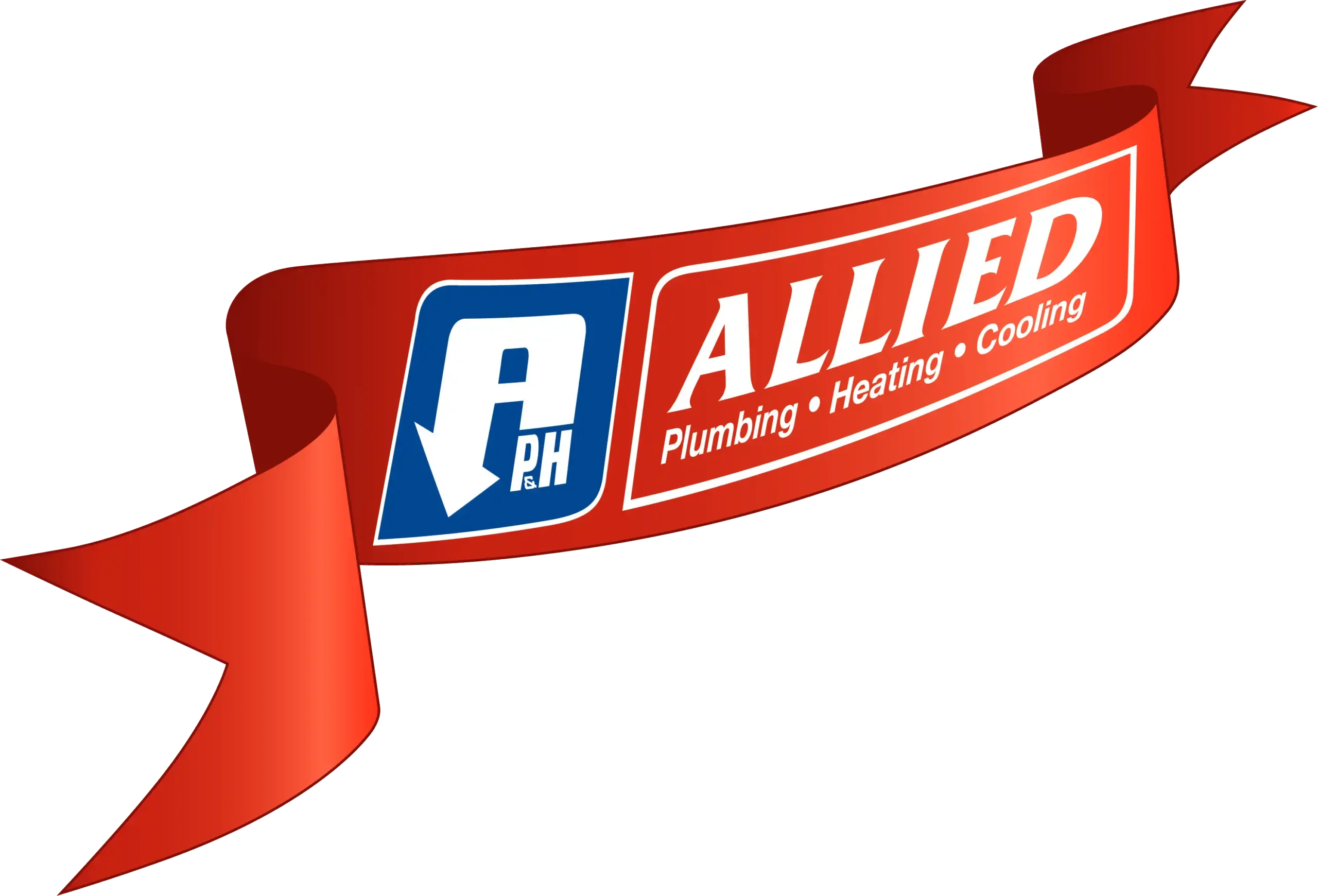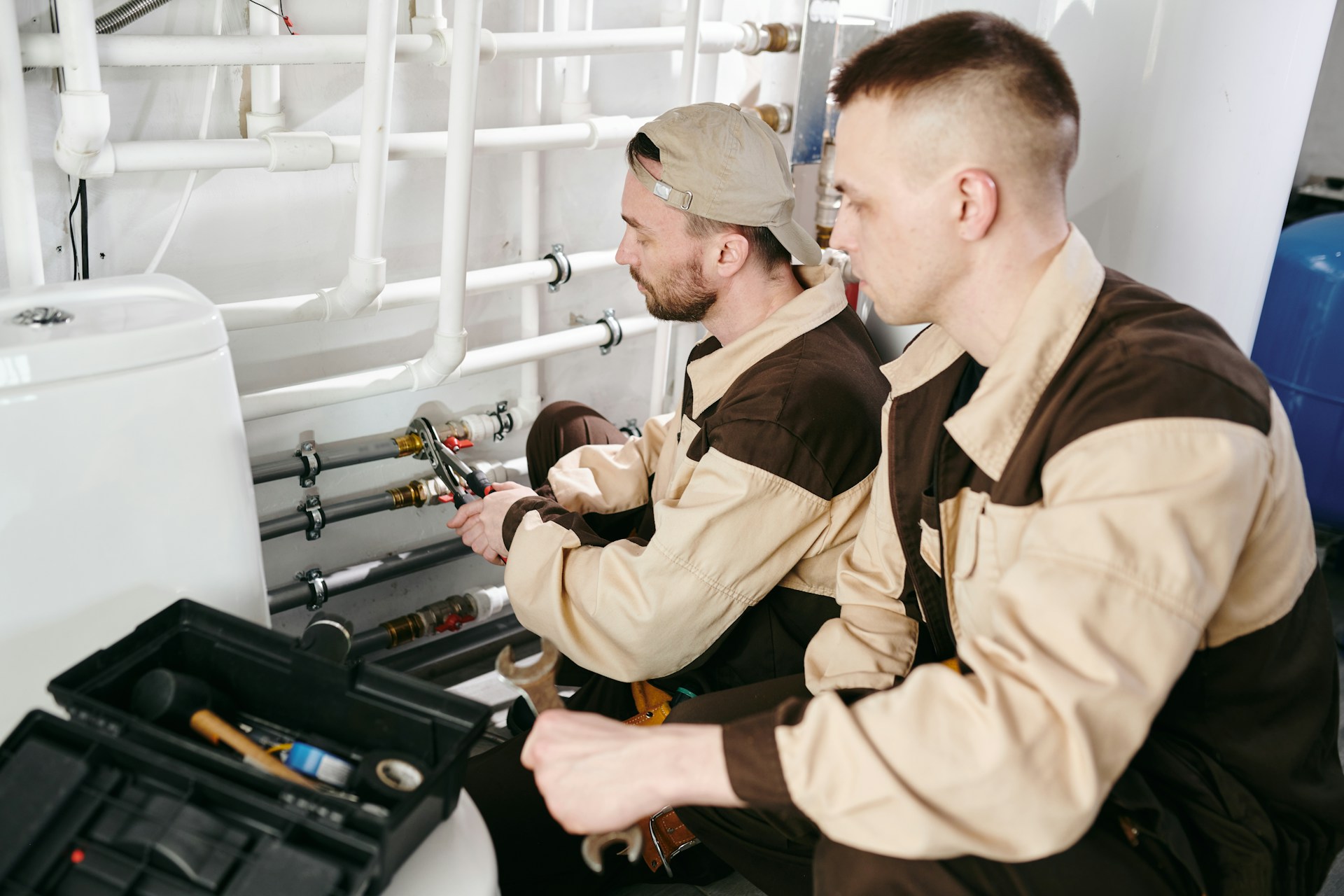A gurgling sound from your sink or toilet may not seem like a big deal at first, but it is often a sign that something is not working correctly in your plumbing system. These sounds usually mean that air is getting trapped in your pipes, signaling a possible clog or ventilation issue. Homeowners in Pleasant Plains often notice this happening during regular use, especially when the plumbing has not been checked in a while. While it might start as a mild annoyance, leaving it unattended can turn into a more expensive problem.
In Pleasant Plains, this type of issue can come up for a variety of reasons, from older homes dealing with wear and tear to newer systems facing buildup from everyday usage. Either way, the gurgling should not be ignored. Taking early action can help protect your plumbing system and avoid damage that could affect your water flow or drain performance.
Understanding the Causes of Gurgling Sounds
Gurgling noises can show up in sinks, toilets, and drains, and they all point to one thing: air pushing through water in your pipes. That air is not supposed to be there. It usually means air or gas is backing up through the drainage system instead of venting out correctly.
Here are some common reasons this happens:
– Blocked drains or vent pipes: One of the most common causes is a clogged drain. When water has trouble flowing freely, it creates backpressure. As water struggles to pass through, it traps air pockets which escape with that familiar gurgle.
– Air trapped in the plumbing system: If there is air stuck in the pipes, it disrupts how water drains. This can happen after major plumbing work or during seasonal temperature changes, which cause the pipes to expand or contract.
– Issues with the sewer line: A damaged or clogged main sewer line can create water flow issues throughout your home. When this happens, the pressure and airflow do not balance correctly and air escapes through the nearest drain.
– Faulty plumbing fixtures: Poorly installed fixtures or parts that are starting to break down can affect water flow and pressure. This leads to inconsistent drainage and sounds that were not there before.
In one case, a homeowner in Pleasant Plains noticed the bathroom sink making noises every time the washing machine was draining. It turned out a partial clog in the shared drainpipe caused enough backflow to create both bubbling and gurgling sounds. By resolving the blockage in that main section, the noises in the sink stopped entirely.
Whether it is one drain or multiple fixtures making noise, figuring out the root cause makes all the difference. Ignoring gurgling may result in larger issues like overflow or even water damage.
Immediate Steps to Take
If you are hearing gurgling sounds, the first thing to do is try to spot the source. Catching the problem early can prevent damage, but it also helps give our professionals a clearer idea of what is going wrong.
Here are a few practical steps to try:
1. Check multiple drains – See where the sound is coming from. If it’s isolated to one drain, the problem is likely local. If it is throughout the house, your main line could be affected.
2. Look for signs of slow drainage – Gurgling often goes hand-in-hand with sluggish draining. If water is taking longer to empty from the sink or tub, it points to a blockage.
3. Listen during simultaneous use – Run water in one part of the home and listen for sounds coming from other drains. This might show pressure issues between multiple fixtures.
4. Avoid pouring chemicals into drains – Harsh solutions can damage your pipes. It is better to wait for professional diagnosis instead of risking pipe corrosion.
5. Write down what you observe – Note when the noise happens and which fixtures are involved. This helps narrow down possible causes when professionals arrive.
Taking these steps does not fix the problem, but it gives you a clearer picture of its severity. Gurgling sounds are like your plumbing system’s way of waving a red flag. The sooner you respond, the easier it is for our technicians to resolve it with minimal disruption.
Why Professional Help Is Necessary
Gurgling noises might seem harmless at first, but they usually point to something more serious. Once air starts pushing back through your drains or toilets, it means water flow is interrupted somewhere in the system. While some homeowners try to resolve this with plungers or chemical drain cleaners, most of these options do not reach the root of the issue.
Trying to fix it without the right tools can make things worse. You could damage a pipe or force a partial blockage deeper into the plumbing. If the sewer line is involved, it can take specialized equipment just to locate the problem. In many cases, the cause is not even visible from inside your home. Our professionals use diagnostic tools like video inspection cameras, pressure tests, and airflow monitoring to find the exact source of the noise and blockage.
Gurgling can also be a symptom of a failing plumbing vent, which is hard to diagnose without climbing onto the roof or opening walls. These kinds of situations call for trained technicians who know how to check for proper venting, sealed joints, and correct pipe gradients. A delay in solving the issue could cause wastewater to back up or result in future water damage, or both.
In Pleasant Plains, it is especially important to have consistent plumbing performance due to changing seasonal demands on the system. Summer water use increases with lawn care, laundry, and showers, all adding pressure to drains and waste lines. Checking these systems regularly and repairing early signs like gurgling helps protect your entire home from unexpected messes.
Preventive Measures to Avoid Gurgling in the Future
Even though gurgling sounds are usually tied to specific problems, there are easy ways to help prevent them from happening again. Regular maintenance and paying close attention to how your plumbing performs every day can go a long way in keeping the system quiet and working as it should.
Here are some tips to keep gurgling out of your plumbing in Pleasant Plains:
– Run hot water through your drains after heavy use, especially after dishwashing or laundry loads
– Avoid flushing wipes, paper towels, and other non-dissolvable items, even if they are labeled “flushable”
– Keep kitchen drains clear by using sink strainers and avoid pouring grease or oil down the drain
– Have your plumbing vents checked if you notice any strong sewer smells or slow drainage across multiple fixtures
– Schedule a sewer line inspection every few years to stay ahead of major clogs or tree root intrusion
– Take note of any sudden pressure changes or odd noises and have them professionally checked before they get worse
Following these habits can reduce the chances of gurgling and catch early symptoms of larger issues. Just like regular car maintenance, routine plumbing check-ups can prevent failure when you need the system most.
Ensure Your Plumbing Runs Smoothly
Plumbing systems are built to move water and waste efficiently. If you hear unusual sounds coming from your drains, toilets, or sinks, something is not working as designed. Gurgling is your home’s way of giving you a heads up. Responding right away keeps the problem from growing and helps protect your plumbing for the long run.
By addressing gurgling sounds early, you protect more than just your pipes. You guard against potential leaks, backups, and expensive repairs. Whether it is a blocked line or a venting issue, diagnosing it quickly helps avoid trouble that could shut down part or all of your system. Getting ahead of the problem is always the smartest path forward.
If you notice persistent gurgling sounds or slow drainage affecting your home, trusting the expertise of Allied Plumbing Heating & Cooling can help you keep your system running smoothly. Addressing these issues early prevents bigger problems and keeps your home’s plumbing in optimal condition, so learn more about plumbing in Pleasant Plains. For a quick estimate or to book a service visit, please contact us today.





